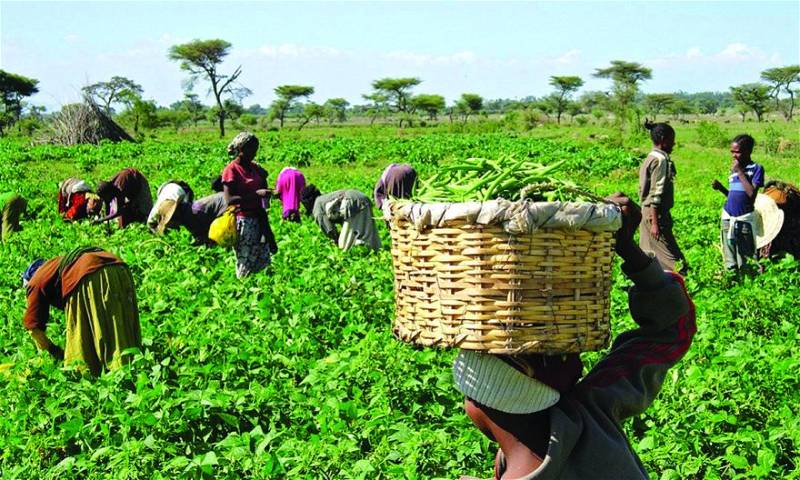Agricultural advocate, Mustapha Nuhu Wali, has called on northern leaders, traditional rulers, cooperatives, and private investors to take full ownership of the Green Imperative Programme, describing it as a “national lifeline” for agricultural transformation and food security in Northern Nigeria.
Wali, in a statement, emphasised that the programme’s success depends on active regional involvement rather than reliance on the federal government alone.
“The Green Imperative is not just a Federal Government initiative; it is a national programme that requires regional participation,” he said. “Northern state governments, traditional institutions, cooperatives, and private investors must now take ownership.”
Launched in 2019 under former President Muhammadu Buhari, the Green Imperative Programme was envisioned as a ten-year Nigeria–Brazil agricultural mechanisation partnership aimed at transforming rural economies. The project’s ambitious design included the supply of over 10,000 tractors, 50,000 implements, and the establishment of 774 service centres nationwide to create jobs, boost productivity, and modernise farming.
However, seven years after its launch, the initiative has fallen short of its potential. Wali attributed the shortfall to weak regional engagement, particularly the lack of counterpart funding and institutional support from state governments and private players in the North.
“Mechanisation cannot be achieved through federal action alone,” he asserted. “It requires collective ownership and sustained political will at every level.” He described the initial phase as a missed opportunity that could have dramatically improved food production and rural employment, especially in Northern Nigeria, which accounts for over 70 per cent of the country’s arable land.
Wali commended President Bola Tinubu’s administration for its decision to revive and commercialise the Green Imperative Programme by 2025, citing renewed agreements with Brazil and technical partners as evidence of renewed political will.
“The revival of the Green Imperative offers a second chance, especially for Northern Nigeria, where the youthful population and vast land mass make it the natural engine of the nation’s food security,” he said. “Mechanisation is not a luxury; for Northern Nigeria, it is a necessity for survival and growth.”
To ensure the programme’s long-term success, Wali urged northern state governments to establish Green Imperative Implementation Desks within their ministries of agriculture. He also called for intensive technical training for youths and women, enabling them to serve as tractor operators, mechanics, and service providers.
He further encouraged polytechnics and universities in the region to strengthen their agricultural engineering and mechanisation programmes, ensuring a pipeline of skilled manpower to support the initiative.
“The era of waiting for Abuja is over. Local leadership and regional coordination must drive agricultural transformation,” he stressed.
Wali urged state governments to provide counterpart funding, allocate land for training and service centres, and include mechanisation targets in their annual budgets. He encouraged cooperatives and private investors to partner with federal agencies in running efficient tractor-hire and maintenance services, while NGOs and development partners should focus on youth and women empowerment clusters.
With seven out of the ten years of the initial agreement already elapsed, Wali warned that the remaining period must not be wasted. He called for transparency, accountability, and local assembly of equipment to ensure sustainability and cost-effectiveness.
He also underscored the need for Brazilian technicians to be physically present in Nigeria to begin hands-on training of agribusiness personnel and extension workers.
“The farmers need GIP to start,” he said. “The Green Imperative is not just a federal project; it is a lifeline for the North. If properly embraced, it can ignite a Northern Agricultural Renaissance—one that feeds the nation, empowers the youth, and sustains livelihoods.”














